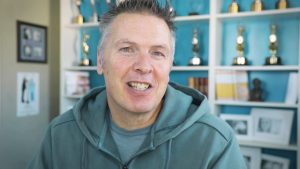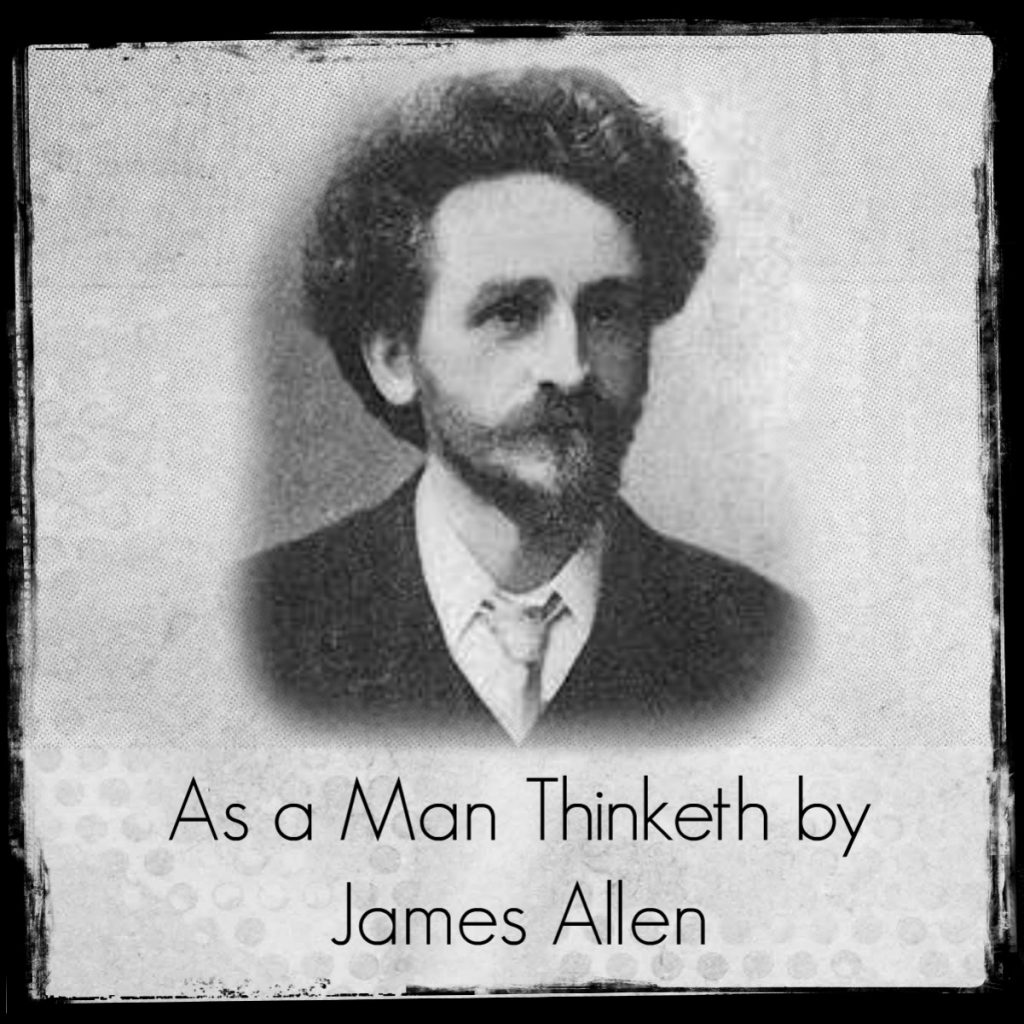
I received an email that spawned an interesting conversation. I’ll share it here. Henry wrote:
How are your teachings different from all the dozens of gurus advertising out there? I’m genuinely confused by inconsistencies from the gurus.
For example, Wattles wrote books about health and riches and then he died at 53, lost his bid for public office and to my knowledge he was still scrambling economically.
The author of Science of Miracles, Max Long Freedom committed suicide due to leg cancer while his group was in disarray and his wife left him.
Arthur Ray went to jail.
I honestly would like to come to terms with these inconsistencies. Can you help me?
I didn’t verify his facts, but here was my response:
Hi Henry,
That’s a fair question. I think the bottom line is that each one of them is doing their best to make sense out of life and how it works, and they enthusiastically share the nuggets of wisdom they find along the way. But just because you gain wisdom, it doesn’t mean you will always be the perfect example of how to live by that wisdom. If gurus waited until they had perfected a principle before they shared it, only perfected people would have anything to share… and I think we know how many perfect people in the world there are not.
We as students need to separate the principles from the person sharing them or we will quickly become disenchanted, no matter who we choose to listen to. I’ve been mentored by many a guru, and I’ve seen more than one fall off the pedestal on which I placed them – but that does not remove the value from the truths I learned from them. Life has a way of delivering tougher and tougher challenges – when we’re ready for the next “lesson”, life delivers experiences to help us overcome and learn. All the big gurus are still members of the human race, and will continue to face greater and greater challenges until the day they die.
You may solve the money problem, or you may overcome a health challenge, but growth only comes through opposition in one form or another, and frankly, we’re here to grow. The key is to learn all the wisdom you can, and apply the principles to your best ability, so that those challenges refine and strengthen you instead of defeating you completely. To get up every time you’re knocked down is success.
About each of the gurus you mentioned – only God knows how they faced, or are facing those challenges. The ultimate measure of success is whether you can find serenity and happiness in spite of the challenges that rage around you, whether or not you’re teachable enough to grow, learn, and become a better person on the other side of the challenge.
People think they need money to be happy. People think they need to be in perfect health to be happy. But the fact is, it’s happiness that is the goal – and some of the greatest people who ever lived were successful at finding happiness no matter what their financial or health condition. I’ve had a lot of people go through my programs and find out that they can actually have what they want, and then they go get it, and then they discover that what they wanted didn’t bring them the happiness they thought it would, so they use the programs and principles on more carefully selected goals. The good news is that it works for those, too.
We can be so quick to judge a person by their bank account, or their outward appearances. There will always be those in the media who love a good hero-to-failure story, but if we jump on that bandwagon of criticism, chances are, life will bring us through experiences of that teach us empathy instead of criticism, and to be more forgiving in our judgment on others.
We must try to give people the benefit of the doubt. Any more, when I hear a story of a fallen guru, I immediately wonder about the “rest of the story” that the media isn’t sharing. I wonder about the person’s internal growth and what lessons they learned in those final days. I feel that I could probably still learn something, and how I would love to know what they learned from their errors to help me avoid making them myself.
Anyway, some of the greatest lessons come from our failures, and God bless the man who shares those lessons in spite of his imperfections.
In answer to your other question, to find out how I’m different from other teachers, I’ll share an article I wrote about that very topic below.
Hope this helps,
Leslie
His response:
Leslie,
Thank you for your prompt and thoughtful reply. I still remember when doctors endorsed cigarettes in advertising. That didn’t take away the value of medicine.
I am going to reflect on all the good advice I give to others and to my children, but I don’t follow myself. This is going to be my task for the day.
Without coming to terms with the gurus’ inconsistencies I mentioned to you, I’m always going to poison my progress with doubt and cynicism. I have been infamously good at that all my life and it’s time to change it.
Thanks again.
Henry
PS: I finished the Rabbit book and watched your movie yesterday, and I’m registering for the 12 week Course Today.
I congratulate this reader for his astute conclusion. Gurus are human. I’ve shared plenty about my own challenges, even in spite of the pedestal on which some of my readers have placed me, and hope this conversation helps others view leaders in the proper light.
We should learn what we can from them, but ultimately we must all learn to enlist and trust the guidance that comes from God directly. Sometimes that guidance leads us to a guru – but I rarely think it was ever meant to be a final destination. Each mentor or guru is there to help us get past our present obstacles, or move us through to the next level of happiness or success.
Whatever the case may be, trust that when the student is ready, the teacher will always appear. As students, it’s our job to keep growing, learning, and preparing ourselves for our next teacher.
Isn’t life FUN?! It’s an adventure for sure!
- New England’s Dark Day - July 6, 2024
- Something was missing - June 17, 2024
- A goal to find a goal - June 14, 2024

















6 Responses
God is truth and we are His children who have the privilege of gaining it day by day through trials and blessings. Life itself is the “guru” that teaches us and we have the privilege of sharing what we have learned. It is amazing to me how I will have a friend remind me of something wise or profound that I have said that really helped them in life, and I will not even remember that I had said it. Truly the author of all principles/wisdom/or truth that leads us to success is our wonderful life and the loving God who gave it to us. Thank you Leslie for all you share.
I don’t know that I would qualify as anyone’s “guru” but I do know that when I’ve been through something challenging or difficult and come out the other side, my first instinct is to share what I’ve learned. I hope that somehow, the flashlight I picked up at that point in the journey will light the way for others who are struggling through the same challenge. But please don’t put me on a pedastal. I’m not THE LIGHT. I’m just someone with a flashlight on the path, trying to light your way the best I know how.
I learn so much from the wisdom you share after your struggles, Leslie. I wouldn’t be where I am today had you not picked up a flashlight and lit my way as I struggled behind you on the path. There are other people I admire for their willingness to share as well. I think it’s a wonderful way to live your life. But there’s no need to put anyone on a pedestal (except THE LIGHT of the World).
I believe it is a hallmark of character to show gratitude for those who were kind enough to light the way for you. I know I will be forever grateful for you and others like you who have lit the way for me! But it’s unfair to you to taint that gratitude by expecting you to be perfect. Disillusionment kills gratitude.
Leslie,
I’ve struggled with similar questions posed here. I think our desire to seek “gurus” stems in part from the desire for “evidence” of a true principle and that’s why I find it critically important to separate the person from the principle .
I believe we all have an internal response to truth, yet because of our tendency toward self deception it is also wise to seek consistent evidence outside ourselves.
Learning about and understanding both human and divine nature helps me to weed through those ideas that would keep me from living up to the higher nature, BUT it is A PROCESS!
We often think “in spite of” when really it’s “because of”. Because of the struggle a butterfly experiences when breaking through the chrysalis, it lives and gives beauty. Because of my struggles, I have the strength to meet the next lesson, AND (hopefully) the compassion for those who are struggle as well.
I do feel a frustration with those who teach positive thinking in a way which seems to suggest that struggle shouldn’t be part of the process (there are many different ways of struggling, but struggle is a necessary part of life). The “before” and “after” are only snapshots, the PROCESS is where the real value lies.
What seems true for me in my journey is that the true guru exists within, not without. Everyone is human, everyone shares common human frailities and shadow sides. Maybe the real question is “Why do I need to put others on a pedastal?”, “Why do I need a guru?”, “Why do I believe all good and wisdom exist outside of me and not within me?”, “Why do I believe that God would talk to them, lead them, guide them, love them, and not me?” Find your wisdom and godness within you, then you can simply appreciate others for the version of godness that they are, perfectly imperfect, divinely human and humanly divine.
Good points. No one is perfect. Hopefully we are all striving to be better and it is helpful to remember that teachers don’t always have the perfect life, but are also striving to be the best they can.
Spot on as always, Leslie! I think it goes for everyone – parents, teachers, neighbors and so on – not just gurus or experts. It’s amazing how much more we learn when we allow one another space to learn, grow and share from whatever level we are in the process.